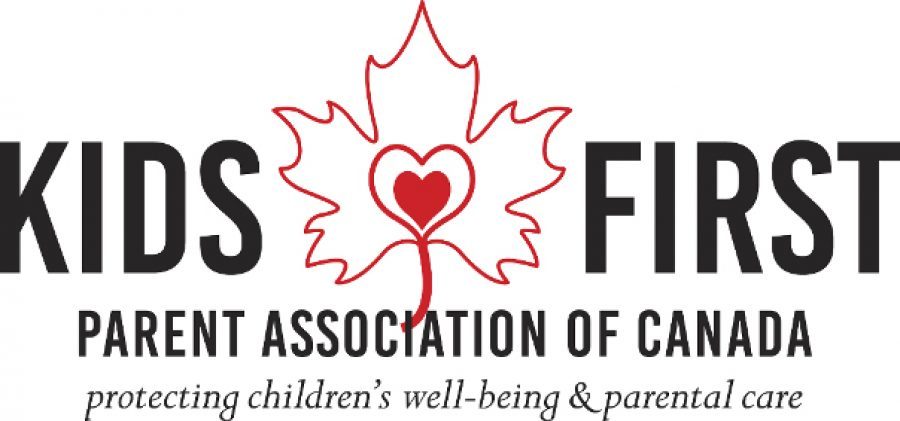The Organization for Economic Co-operation and Development (OECD) ranked Canada last of 14 countries in spending on early learning and child care. Its says of its generally negative review of Canada: “We trust… that our external perspective, based on many years’ experience in the early childhood field, will prove to be a useful basis for discussion and progress.” [1]
But the OECD is not the trustworthy, neutral “external” body it pretends to be. It has become a coordinator for the international daycare lobby. It is in bed with the Canadian daycare lobby. However, this relationship has been denied by the participants.
In Bed
John Bennett, manager of the OECD review of Canada, was quoted in Maclean’s magazine saying, the OECD “relied to a great extent” on a report—the “Background Report”—by Martha Friendly. [2] Ms Friendly is founder and coordinator of the Childcare Resource and Research Unit and a long-time leader of Canada’s tax-funded daycare lobby. Gillian Doherty and Jane Beach, also long time daycare lobbyists sometimes hired by Ms Friendly, were co-authors. Their report can be found on the OECD’s website [3].
In the OECD’s related “Country Note” report on Canada, Ms Friendly and her colleagues were praised and thanked for their work authoring the related “Background Report:”
“In particular, we would like to acknowledge their efficient preparation of the Background Report…A special word of thanks is due also to the authors of the Background Report—Gillian Doherty, Martha Friendly and Jane Beach.“[4]
The two reports are meant to form a unit: “It is assumed that the Country Note will be read in conjunction with the Background Report of Canada, as the two documents are intended to complement one another.” [5]
Denial and Cover Up
Friendly’s involvement in the OECD’s appraisal was denied and covered up by both Friendly and the OECD’s Bennett.
The December 5, 2006 National Post ran an opinion piece that mentioned the OECD in connection with “A 2004 report, written in part by Toronto-based childcare advocate Martha Friendly.” [6] Only “a report” and not specifically the “Country Note” was mentioned in this article. However, in the December 8 edition Ms Friendly made the disingenuous claim, without mentioning her work on the Background Report, that : “I neither authored, ghost-wrote nor engineered this [Country Note] report.” She did not inhale. [7]
In the same issue of the National Post, John Bennett, manager of the OECD review of Canada, also denied and covered up Ms Friendly’s involvement. He stated that, “the (OECD) report on Canada, 2004, was an external report, written by three experts from Belgium, Sweden and the United Kingdom. The statement…that the report was ‘written in part by Toronto-based childcare advocate Martha Friendly’ is inexact and misleading.” [8] He did not have relations with that woman.
More Tax-Funded Ideological Teamwork
There are other ties. Ms Friendly has herself been an “external” observer for the OECD review of Austria. She did this work with John Bennett [9]. Also, the “external expert” author of the report on Canada from the UK was Helen Penn of the European Commission Childcare Network. She and Ms Friendly go back some years. She has been published by Ms Friendly’s organization [10] and her work has been very influential in the tax-funded “Quality by Design” project and website headed by Ms Friendly.[11]
Ms Penn’s ideological beliefs regarding “quality” in child care are disseminated through this 1999 paper published by Friendly entitled, “How should we care for babies and toddlers? An analysis of practice in out-of-home care for children under three.” Ms Friendly’s “Quality by Design” project and website gives further leverage to her views in the “debate” on quality in children’s care.
Penn’s paper outlines her ideological rejection of both attachment theory and “empirical evidence” based on developmental science. She emphasizes the role of “values and beliefs” in formulating definitions—or re-definitions—of “quality” in daycare. Both her paper and Friendly’s website emphasize the idea that “quality” is “a relevant concept,” determined by policy objectives rather than by any objective evaluation of the care children actually experience. Penn feels babies and toddlers need to be trusted more to be independent with “freedom to explore and learn out of the range of adult gaze.” [12] Many Canadians would think such values and beliefs irresponsible idiocy.
But why the cover up of Ms Friendly’s involvement in the OECD’s work on Canada? Perhaps because the whole rickety assemblage of factoids, fuzzy numbers, flaky definitions and out-right lies is in danger of tumbling down if the “overwhelming research” mantra is exposed for the ideology-masking facade it is.
Notes
[1] 2004. OECD – study (PDF): “Canada Country Note” p 18
[2] “Lessons in Daycare” (broken link) Maclean’s Nov 8, 2004
[3] 2003. OECD – report (PDF): Thematic Review of Early Childhood Education and Care Canadian Background Report by Friendly, Beach , Doherty
[4] 2004. OECD – study (PDF): “Canada Country Note“ p 17
[5] 2004. OECD – study (PDF): “Canada Country Note“ p 18
[6] Dec 5, 2006. Andrea Mrozek. National Post – p A23: “A day care plan that deserves to die”
[7] and [8] Dec 8, 2006. National Post p A19 response by Martha Friendly and letter by John Bennett, manager of the OECD review of Canada, 2003, Paris.
[9] “Starting Strong: Early Childhood Education and Care Policy Country Note for Austria” (broken link) p 74
[10] “How should we care for babies and toddlers?: An analysis of practice in out-of-home care for children under three” (broken link)
[11] Quality by Design
[12] “How should we care for babies and toddlers?: An analysis of practice in out-of-home care for children under three” p 37 (broken link)
